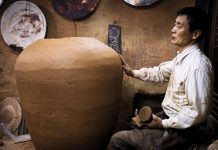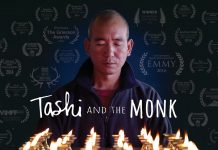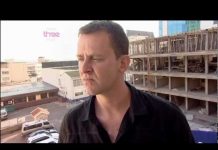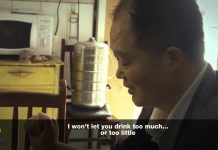“10 Days in North Korea” serves as a captivating exploration of a nation shrouded in mystery and seclusion. The documentary, centered around Pyongyang, the symbolic epicenter of power for the North Korean regime, delves into what the filmmakers term a “social experiment” persisting for nearly seven decades. The opening sequences paint a picture of unwavering allegiance within the Pyongyang workforce. Interviews with accomplished individuals, including a biologist and factory workers, reveal a genuine admiration for “Grand Marshal” Kim Jong-un and a collective enthusiasm toward contributing to the regime’s productivity. The film provides a glimpse into the intricate web of control where citizens perceive their daily lives as being “protected” by the government.
As the documentary unfolds, it navigates the militaristic facets of the regime, exploring the strict prison system and the widely-publicized execution of Kim Jong-un’s uncle, Jang Song-thaek, and his family. While the film might be perceived as pro-regime propaganda, it sheds light on annual military cache demonstrations and historic sites designed to reinforce the government’s supposed military prowess. The filmmakers capture the annual “victory parade,” a spectacle celebrating the military victory over the United States and the reunification of North and South Korea. Despite the nominal unity, the stark differences between the two Koreas emerge, with languages drifting apart and families separated by the border. The documentary exposes the poignant lottery-based reunions of families living on opposite sides of the border, offering a rare glimpse into the human stories obscured by political divisions.
In a poignant moment, the film explores the supposed demilitarized zone on the North Korean side, featuring an interview with Kim Chang Yun, a colonel in the Korean People’s Army. Yun discusses a five-meter high wall built in 1979, symbolizing efforts by the United States and South Korea to prevent the unification of the two sides. His perspective mirrors that of the sheltered citizens, reflective of a society seemingly ensnared by a false utopia, manipulated by a controlling government. “10 Days in North Korea” becomes a lens through which viewers can contemplate the complexities of a nation where citizens, from birth, are conditioned not to question authority, portraying a stark reality masked by propaganda and ideological constraints.

































